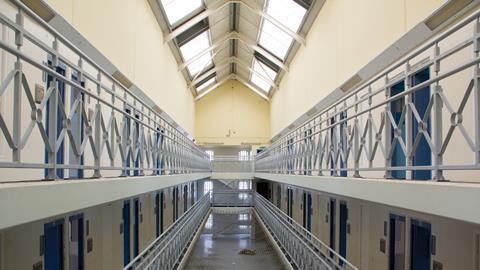The government should produce a ‘clear and consistent’ statement explaining the purpose of prisons to help build a better prison system and reduce reoffending, a House of Lords committee said today.
Following an inquiry on prison reform, today’s report from the justice and home affairs committee examines the purpose, leadership and oversight of prisons.
‘Prisons play a role in punishment, protecting the public, reducing reoffending, and preparing prisoners for lives outside. But there is lack of clarity about which of these should be given priority,’ the report says.
‘Our view is that being in prison is the punishment and once there, the focus must be on reducing reoffending. The punishment is the deprivation of liberty. Beyond that, prisoners should be treated with dignity as human beings who are capable of change and deserving of the opportunity to rebuild their self-esteem and their lives.’
The Ministry of Justice was urged to draft a ‘clear and consistent statement of the purpose of prison, with reducing reoffending as central’ that is communicated within the system, across government and to the wider public ‘to build greater support for evidence-based approaches to reducing re-offending.’
Asked what the purpose of prisons is currently, committee chair Lord Foster of Bath told the Gazette that prisons were ‘just containment’.
Foster said prison should be about reducing reoffending as well as punishment. ‘If you reduce reoffending, you achieve another objective, which is keeping the public safe by reducing the amount of crime. That, therefore, means we need to focus on those things we know will reduce reoffending.’
Foster said not enough was being done to help prisoners with, for instance, mental health problems or addictions. He called for greater focus on education and skills training to boost inmates’ chances of getting a job when they are released.
Reducing overcrowding is important, Foster said, but ‘there are far too many workshops and classrooms that remain empty, with prisoners spending far too long in their cells getting restless, that leads to violence’.
This article is now closed for comment.



























7 Readers' comments